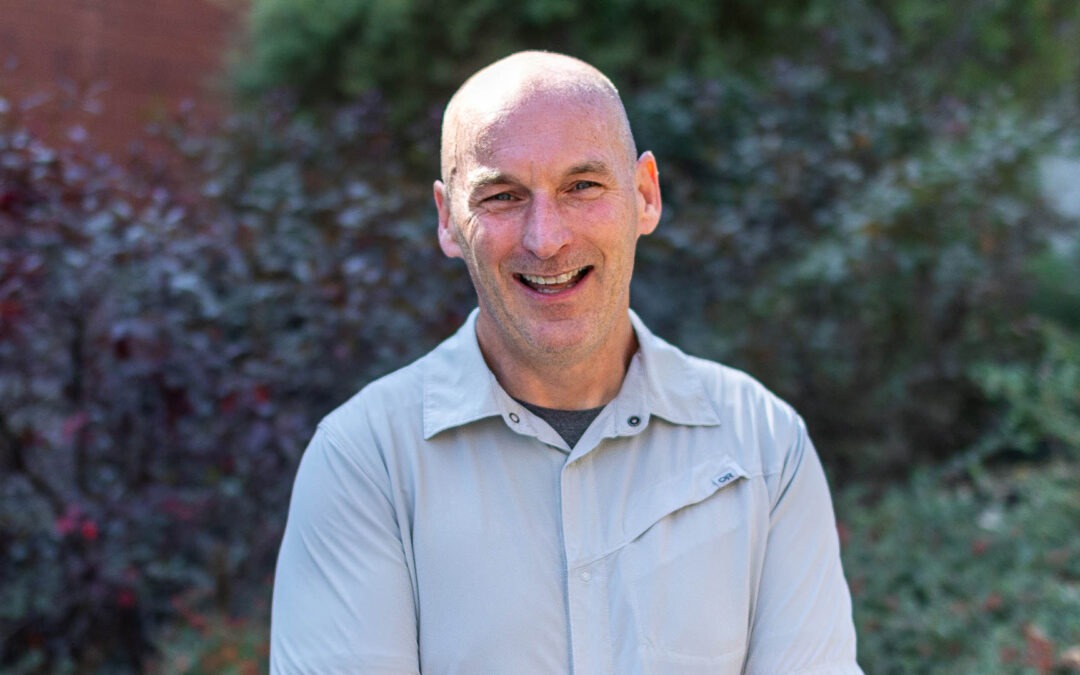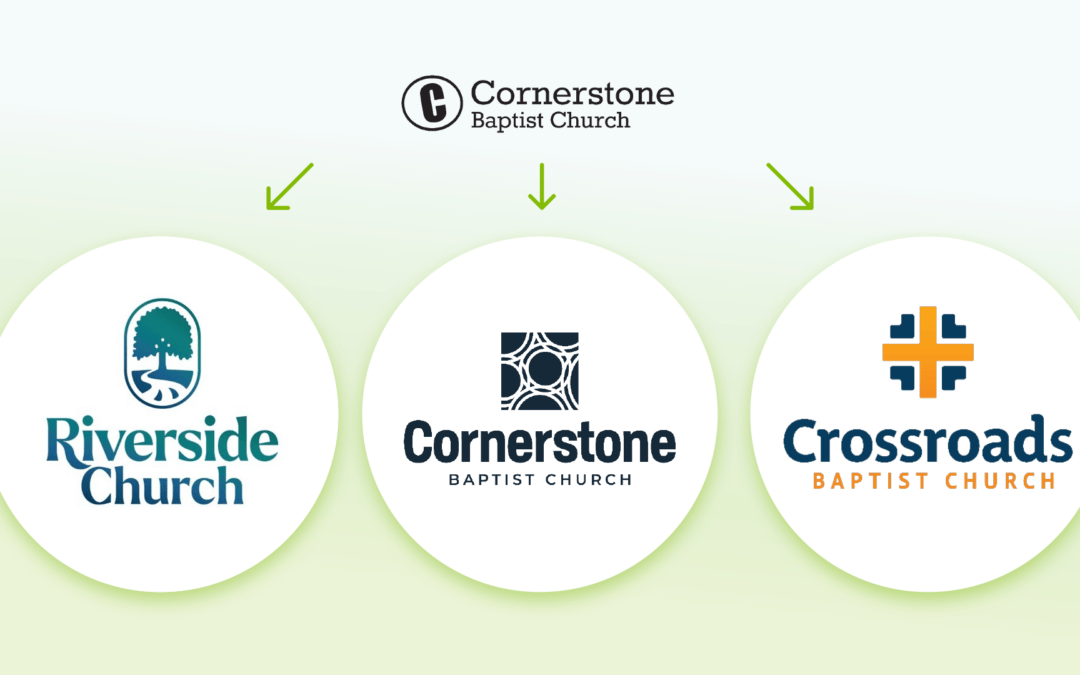 How many times have you thought you saw something, only to take a second look and realize that it wasn’t what you thought at all? I remember when Twila and I were driving across Canada in the summer of ’97. On one particular evening in a secluded part of Ontario we had one incredibly close encounter with a large bull moose. Then within the next hour we saw 7 more moose. As we continued to cautiously drive we kept seeing moose every few minutes – at least we thought we did. In the dusk of that beautiful evening everything took on the ominous form. I hit the brakes repeatedly as I yielded to rocks and trees, only to take a second look and recognize them for what they were.
How many times have you thought you saw something, only to take a second look and realize that it wasn’t what you thought at all? I remember when Twila and I were driving across Canada in the summer of ’97. On one particular evening in a secluded part of Ontario we had one incredibly close encounter with a large bull moose. Then within the next hour we saw 7 more moose. As we continued to cautiously drive we kept seeing moose every few minutes – at least we thought we did. In the dusk of that beautiful evening everything took on the ominous form. I hit the brakes repeatedly as I yielded to rocks and trees, only to take a second look and recognize them for what they were.
I could (and actually I often do) brag that as Atlantic Baptists we work with more young people than any other organization in the region, the we have the largest youth mission event in North America, that we have around 100 full and part time youth pastors, that we have close to one thousand volunteer leaders working with youth ministries, and that our ministry to youth is among the largest in Canada. But the haunting fact remains that many of our youth are growing up to be adults who are disconnected from the church.
Again, I’d like to say that as Atlantic Baptists involved in youth ministry we truly do infuse culture throughout our region, we definitely ignite mission on both a large and small scale, and there is no doubt that we impact leaders. Yet when we take a second look we realize that we need to do so much better, to do so much more.
I’m part of the national group that commissioned the research that has become known as the ‘Hemorrhaging Faith’ research. The findings clearly show something we have long sensed – many of our young adults are distancing themselves from church. This second look at church youth ministry is causing leaders from across our country to critically evaluate the way we do youth ministry. As we do this we are finding that there are lots of things we are doing really well.
When we invest deeply in adult-youth relationships, deliberately integrate young people within the broader church, and foster involvement in mission and significant spiritual growth, it has a lasting impact.
However the research has also shown us that when we fail to do these basic things, the impact we have on youth is very superficial, and likely not to impact their lives for much more than the time we spend with them.
Let’s all take a second look at the way our churches are passing on faith to the next generations. We CAN do better!





